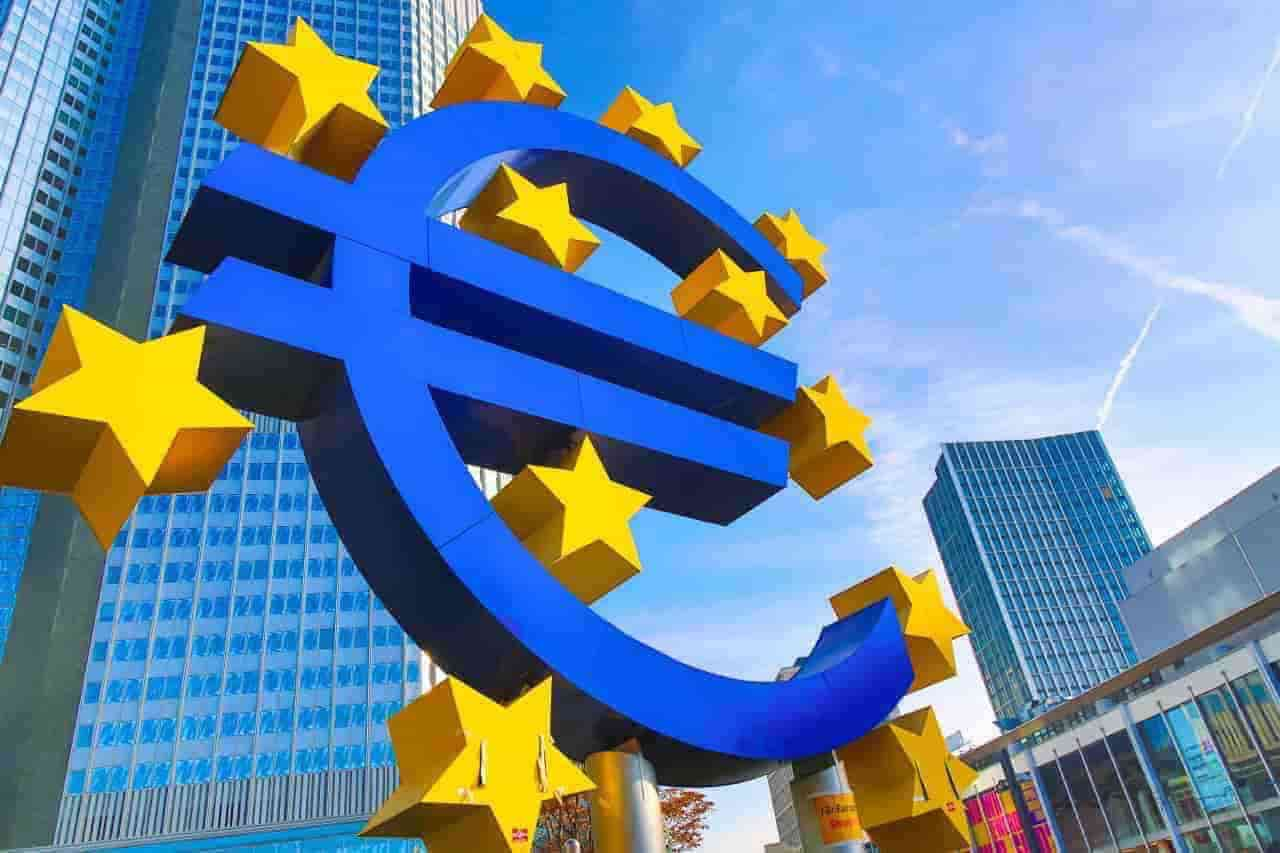Despite the measures implemented to prevent the banking contagion from spreading, José Manuel Campa, the current chairperson of the European Banking Authority (EBA), has warned that the banking sector was still very vulnerable.
Specifically, Campa discussed the recent bank runs and unrealized losses on balance sheets, explaining that the risks in the financial landscape remain high, as he stated in an interview with reporters from the German newspaper Handelsblatt published on March 27.
Indeed, after the bankruptcy of the Silicon Valley Bank (SVB) and the emergency lifeline purchase of Credit Suisse by the biggest bank in Switzerland, UBS, he voiced his opinion that the turbulent times would continue because “the risks in the financial system remain very high.”
It should also be noted that Campa last week told the European Parliament, while discussing the SVB collapse, that “failures and lack of confidence” could still occur despite banks having improved their capital and liquidity positions, as well as supervision and regulation, recommending vigilance instead of complacency, as CNBC reported on March 27.
On rising interest rates
The EBA chief also told Handelsblatt that rising interest rates continued to weigh on financial markets and that the regulatory agency, tasked with implementing a standard set of rules to regulate and supervise banking across all European Union (EU) countries, was monitoring the situation closely.
“Such a drastic turnaround in interest rates not only increases the earnings opportunities for banks but also the risks,” he said.
On the other hand, Campa noted he was “relatively satisfied” with the state of the European banking sector and that the regulator had already carried out an impact study on interest rate risks in European banks, but the results were not yet in.
“The investigation is not yet complete, but I can already say today: we do not expect to find significant institutions where there are significant solvency risks due to unrealized losses.”
Meanwhile, the CEO of Euro Pacific Asset Management, Peter Schiff, has compared the current situation to the 2008 financial crisis and warned it could be a ‘sequel’ that is going to be far more severe than its predecessor – the Great Recession, as Finbold reported earlier.






